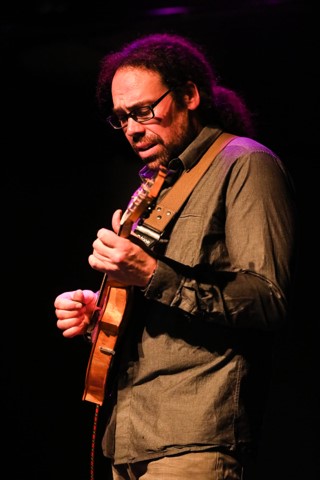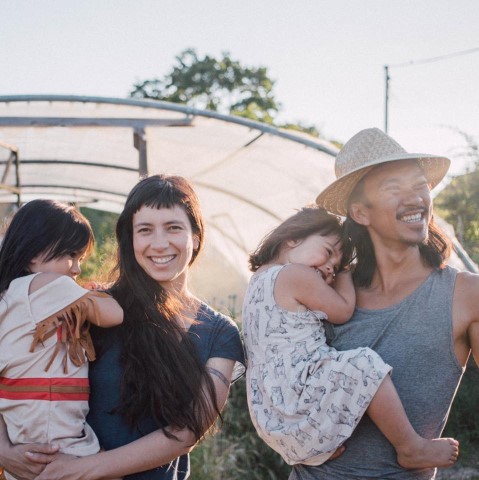My French Confinement
An Expat’s Transformative Pandemic Lessons
By: Rosemarie Caroubi Reyes
It was a difficult 2020 for most of us. Many people lost their jobs. We lost loved ones and perhaps even experienced being sick ourselves. Last year tested us to survive the inscrutable. By the year’s end, there were calls for good riddance for 2020. We thread lightly through 2021, the year where we may get back to normal.
For expats, living abroad through Covid has come with an extra set of challenges. We often weather all of our expat trials when we can temper them with regular visits home. Your hard time at the prefecture could be easily forgotten with a freshly minted récépissé in your hand before you boarded your flight home for some much needed catch up with your family and friends. Did a simple task turn into a difficult one because your French is not up to par? A trip home can make you feel understood and more like yourself again. When Covid hit, the world seemed to stop turning on its axis and all the things we thought were important no longer were, all of sudden. France with its near draconian lockdown, was praised in the beginning of the pandemic. Confinement, as hard as it was then then, seemed like the right thing to do.
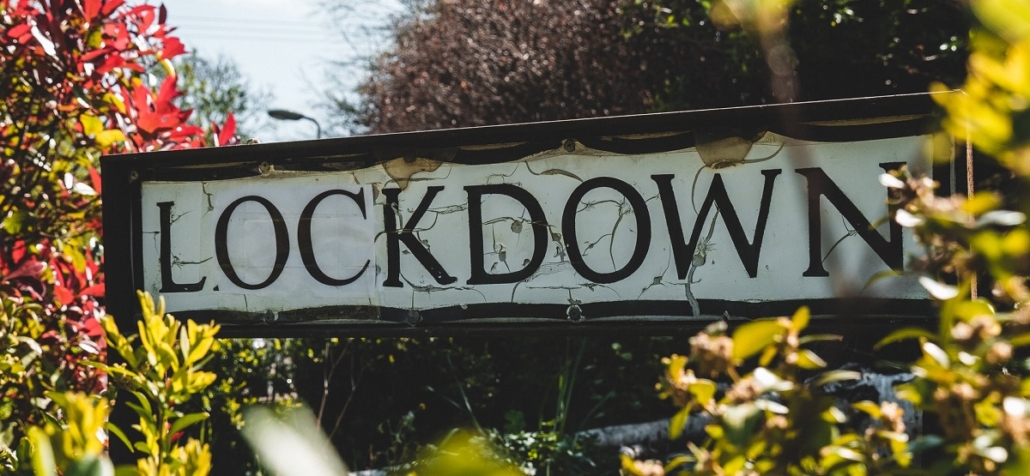
At the time, I was a frequent trans-Atlantic traveler. The marketing consulting agency I had founded in 2002 was doing better than ever. Specializing in tourism and cultural marketing, I was constantly in the States, meeting with clients, going to trade shows both in Europe and America with 2019 as our most successful year. I had recently gotten married to a French man with a daughter and overnight had a family too. We spent our summers in America where I proudly showed them the country I grew up in while they eagerly discovered my country of origin and met my family. When the pandemic took over in 2020, I saw not only my professional life screech to a halt, but I was suddenly cut off from my family state-side. I struggled with it all, but I was not alone, thankfully. I started to think: How do we expats survive?
I spoke to my expat friends and I shared much more than I thought I would. We scheduled virtual happy hours, but we talked about homesickness. Our losses. Our fears. We talked about what was happening back home with a feeling of helplessness. We could not control what was happening there anymore than what was going on in Paris.
Lisa Anselmo, author of the memoir, My (Part-Time) Paris Life: How Running Away Brought Me Home, is from New York City. Her memoir is all about the part-time life many expats live. When I asked her about this past year, she hit all the familiar points of discomfort for many of us: “I go home usually three times a year, Christmas included. This was the first year—ever—that I did not spend Christmas with my sister. It’s just she and I, so it was especially hard. “It’s only one year,” we told each other. But I spent it alone, in my tiny place in Paris. (When you live alone, confinement is so much harder.) There were also huge life events, and tragedies, in my family that happened 3000+ miles away, and I could not be here to support them. It adds to the sense of helplessness. More than anything, not being able to see family is the worst part of this pandemic. I now understand (at least in a small way) what it’s like for people less fortunate than me who leave family behind and immigrate with no hope of being able to return. It gives you a better perspective. This pandemic has been a huge dose of perspective. You learn to be grateful for the small stuff.”
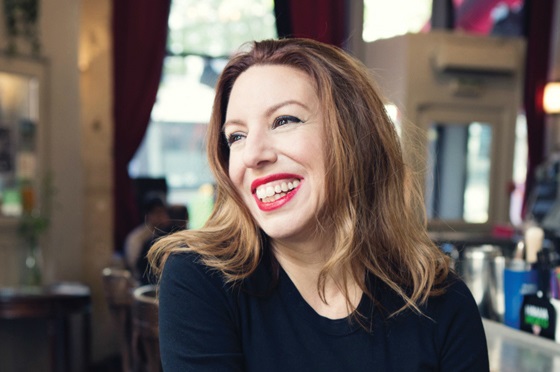
When I asked her what lesson she might have learned from all this, she said: “I’m more resilient than I knew. I actually entered a very creative period, as if creativity was my way of coping. The pandemic has a way of galvanizing your thinking—what really matters, and what you need to feel safe and at peace. You learn to fight for that. And oddly, it showed you who your friends are. Because if you have a low risk tolerance (and I’m sure others experienced this) and some people try to bully you into doing something you’re not comfortable with – like eating inside a crowded restaurant, or mock you for wearing a mask on a terrace, it puts you in a tough spot. Before Covid, you might go along, to keep the peace, but now…well, it’s a matter of life or death, so you learn to say, “Respect my needs. Or take a walk.” At least for me, that was revelatory—and liberating.”
Creativity is something that early on I noticed many expats clung to. If you are confined, then you create something that exists outside the boundaries of confinement. Live events went virtual. Spoken Word turned to video. Live music through Facebook Live and other platforms. Not an artist? Not a problem – you could host/attend hundreds of improve-your-business webinars and trade shows, get virtual coaching, and have chat room meet-ups with like-minded people.
I turned on my inner creative to make my three meals a day for my family. Cooking while in confinement was relaxing and made me forget the madness going on out there in the world. I joined cooking groups on Facebook, shared recipes and photographed my plating. The instant feedback of social media was comforting. Creating seemed to compensate for the obligatory stagnation of our lives.
Bill Bayer, a working musician friend from Albany, NY, is now based in Paris. He and his family have been through it all in Paris from language shenanigans to complaining French neighbors (yes, kids make noise and so do mandolins). Yet overall, he and his family really appreciate the opportunity to live in France and have explored a lot of it through bike tours!
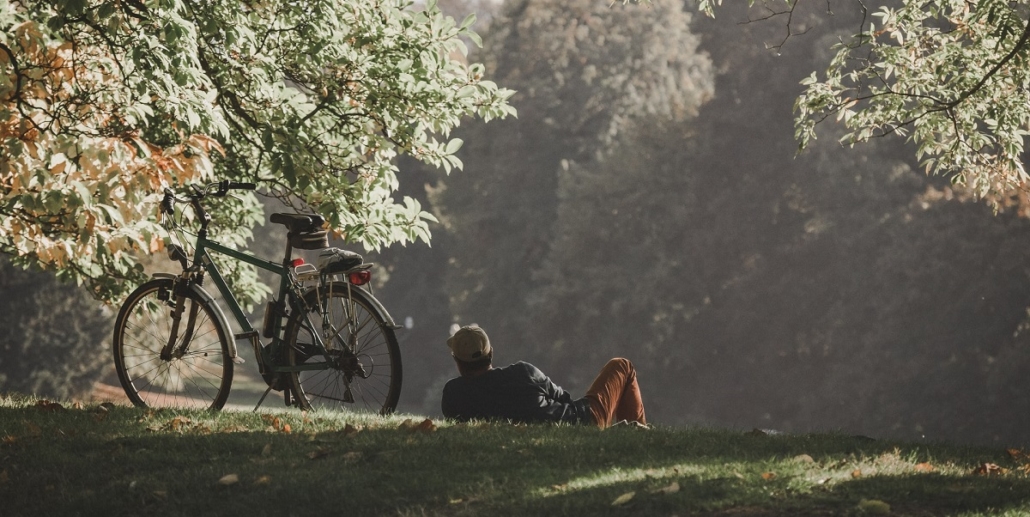
“I think the confinement forces us to look a bit deeper into who we are then maybe we normally would and would even care to. That being said, I’m probably not alone, but personally, for me, being confined put me in a type of survival mode that helped force my hand into developing new skills that will help me in the new covid age. So, I learned that I will evolve to match the times. And yes, I am definitely more creative under these set of circumstances. We all kinda have to be…Sink or swim, little fish.”
Evolving to keep up with the times – something many expats echoed recently. We all waited with anticipation that the world would return to normal, but what I hear more often than not is that we are all adapting to the new normal.
Jason Lee Wong, an American friend from San Francisco, is a talented videographer and documentarian. He was living the expat life in Paris with his wife, Martine, a professional photographer, and their two little girls. Like most expats, their life in Paris consisted of trips abroad for work or play and a mix of French culture with many other influences. When confinement hit in France, they made an extraordinary decision while celebrating their younger girl’s birthday in the forests of Fontainebleu…’Why not confine in the countryside?’ Many Parisians had the same idea and fled to weekend homes and family homesteads as soon it was announced. The Wongs kept extending their stay until the ultimate shift happened – they decided to stay put in the countryside on a permanent basis. They searched then eventually found a home that was dedicated to their new pursuits and created a community-based permaculture farm which opened its doors in the fall of 2020.
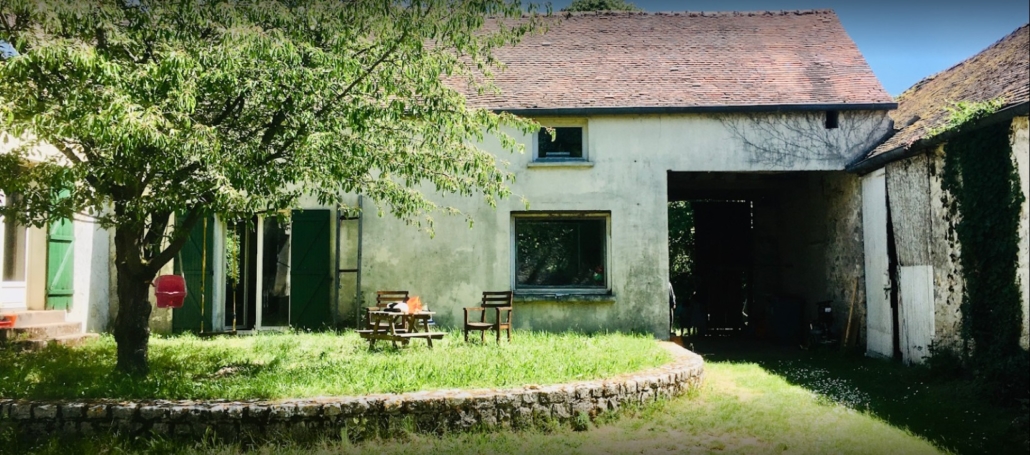
There are fun, themed lodging for ‘woofers’ – guests who receive free room and board in exchange for helping out on the farm. Oh, and there’s a rock-climbing camp too!
In the pursuit of sustainable culture at The Tamarind Tree Permaculture Farmstay, Jason has had the time to learn new skills and new ways of living. “I think that’s the one thing I want everyone to leave here learning. (Be)sic positive, hope, and anything is possible.” What was he surprised to learn? “I learned about how chickens have sex?” Well, it is a farm, after all!
As we come out of the latest restrictive lockdown in France, we can always turn inward and count our blessings. Things may not get back to “normal” but whatever happens, we’ll be rich with new insights on living. Hopefully we won’t lose sight of these transformative lessons that the Covid era has brought us and maybe even remove all the hardships in disguise.
Stay safe, stay well!

